Make cities and human settlements inclusive, safe, resilient, and sustainable.
SDG11 focuses on issues relating to access to safe and affordable housing, sustainable urbanization, strengthening the world’s cultural and natural heritage, reducing the impact of cities on the environment, providing access to green spaces, and more. At Lynn University, these efforts take a variety of forms from protecting the environment through natural preserves and to educating students in conservation and sustainability to building a more sustainable campus, among other initiatives.
This report is organized into three sections:
Institutional Initiatives: Refers to ongoing initiatives at the institution that are currently active, occur every year, and relate to SDG11. Wherever possible, statistics are provided to show the impact of this work.
Events/News: Refers to single events or news that occurred during the reporting year of AY21-22 relating to SDG11. These are not recurring, and as such are not part of the long-term initiatives.
Courses: Refers to all the courses in the university’s academic catalogue for the reporting year of AY21-22 that deal with issues related to SDG11.
Goal 11

Institutional Initiatives
Benjamin Olewine III Nature Preserve
Lynn University is home to the Benjamin Olewine III Nature Preserve – a 11.59-acre plot that is home to the Florida scrub, as well as seven animals and 40 plants on the rare, threatened or endangered lists. The preserve is part of campus and is often used by the environmental science faculty and staff for educational purposes. Students in the Citizenship Project courses also help maintain the preserve as part of their sustainability work.
Environmental science and policy degree
Lynn University students in the environmental science and policy degree receive a firm foundation in the fundamentals of both the science and policy of the environment and its impact on humanity. They become active participants in environmentally-themed initiatives—locally and abroad—and develop solutions to current problems pertaining to wildlife, conservation, environmental health, ecology, and marine science.
By ensuring the preservation of protected species and educating the next generation of conservationists, Lynn University helps further target 11.4 of SDG11, which focuses on strengthening efforts to protect and safeguard the world’s cultural and natural heritage.
Wastewater treatment
Lynn University understands that it has a responsibility to properly manage wastewater. As such, it is enrolled in the Boca Raton Wastewater Treatment Process, which is managed by the city of Boca Raton, Florida. Additionally, Lynn University uses reclaimed water in the Central Energy Plant, thus reducing consumption of potable water.
Sustainable architecture
Lynn University holds three LEED certifications for sustainable buildings, including one platinum certification for the Mohammed Indimi International Business Center, and two silver certifications for the Christine E. Lynn University Center and the Mary and Harold Perper Residence Halls. Further construction, including the latest Capstone Apartments, have also been built sustainably. These efforts include solar sunshades, LED lighting, recycled materials, responsibly sourced lumber, and more.
In creating more sustainable housing, Lynn University also provides more affordable housing for students compared to the market price of rents in the area.
